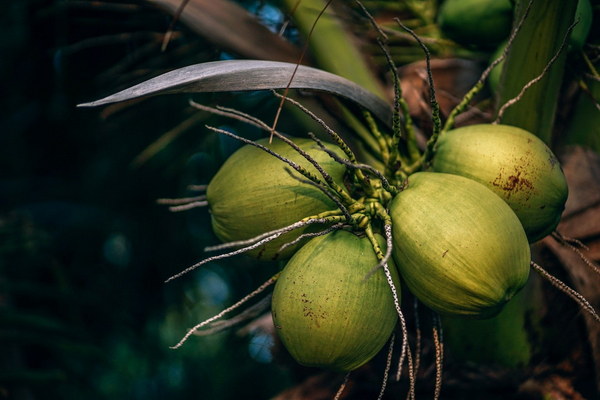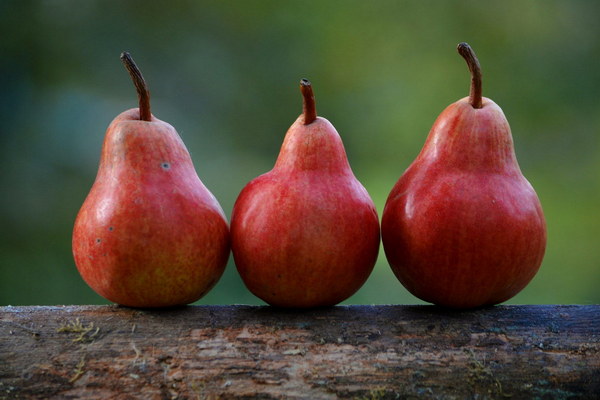Natural Relief for Dampness and Constipation A Traditional Chinese Herbal Formula
In the realm of traditional Chinese medicine, there is a profound understanding of the human body and its intricate balance of yin and yang. Among the myriad of conditions that can be treated with this ancient healing practice, dampness and constipation are common issues that can be effectively addressed using a carefully formulated herbal blend. This article will delve into the intricacies of a traditional Chinese herbal formula designed to alleviate dampness and constipation, exploring the herbs used, their properties, and the benefits they offer.
Dampness, in traditional Chinese medicine, refers to a condition where the body's fluids become stagnant, leading to symptoms such as fatigue, bloating, and weight gain. Constipation, on the other hand, is characterized by infrequent bowel movements, hardness of stools, and abdominal discomfort. The herbal formula for dampness and constipation aims to restore balance by addressing both of these conditions simultaneously.
The formula typically includes the following herbs:
1. Atractylodes macrocephala (Cang Zhu): This herb is well-known for its drying and astringent properties. It helps to remove dampness from the body and improve digestion.
2. Poria cocos (Fu Ling): Poria is a versatile herb used to drain dampness, relieve edema, and aid in digestion. It also has a calming effect on the mind, which can be beneficial for those experiencing stress-related constipation.
3. Alisma orientale (Ze Xie): This herb is known for its diuretic properties and its ability to clear dampness from the body. It is particularly useful for treating dampness-related water retention and constipation.
4. Phellodendron amurense (Huang Bai): Huang Bai is a powerful herb with bitter, cold properties that help to drain dampness and reduce heat. It is also used to treat constipation by clearing heat from the intestines.
5. Ziziphus jujuba (Da Zao): Da Zao is a nourishing herb that provides energy and strengthens the body. It is often included in herbal formulas to counteract the drying effects of other herbs.
6. Senna leaves (Ma Huang): Senna leaves are a well-known laxative herb that helps to stimulate bowel movements and relieve constipation. It is a gentle option that is often included in herbal formulas for its mild laxative effects.
The herbal formula for dampness and constipation is prepared by combining these herbs in specific proportions. The formula is typically taken as a decoction, where the herbs are simmered in water until a concentrated liquid remains. This liquid is then consumed in small doses throughout the day.
The benefits of this traditional Chinese herbal formula include:
- Improved digestion and elimination of waste products.

- Alleviation of bloating and abdominal discomfort.
- Reduction of dampness-related symptoms such as fatigue and weight gain.
- Regulation of bowel movements, leading to a more regular and comfortable bowel experience.
- Support for overall health and well-being.
While the herbal formula for dampness and constipation can be a valuable tool for restoring balance and alleviating symptoms, it is important to consult with a qualified traditional Chinese medicine practitioner before beginning treatment. An experienced practitioner can provide personalized guidance and ensure that the formula is appropriate for an individual's specific needs.
In conclusion, the traditional Chinese herbal formula for dampness and constipation is a testament to the wisdom of ancient healing practices. By harnessing the power of natural herbs, this formula offers a gentle and effective approach to addressing both dampness and constipation, promoting overall health and well-being.









